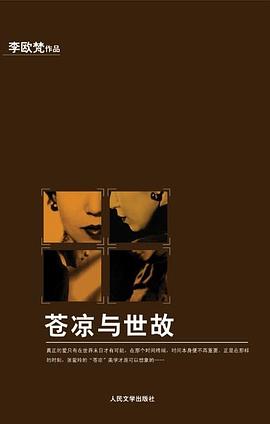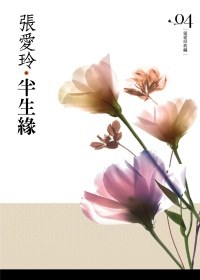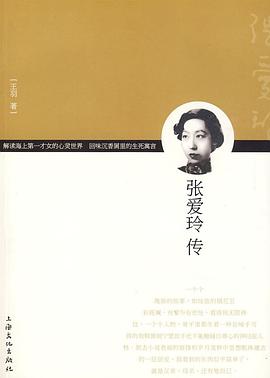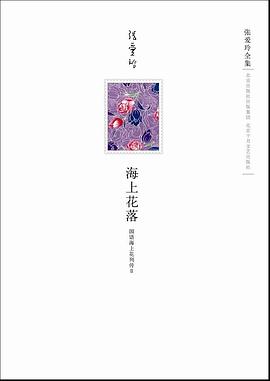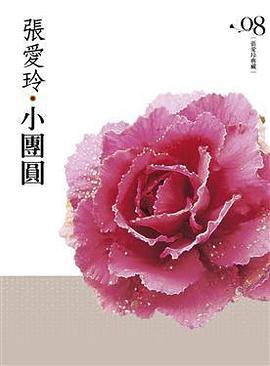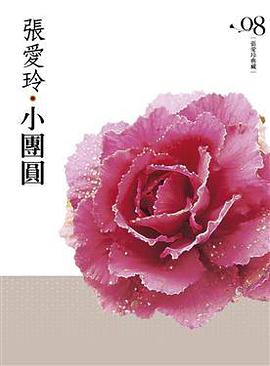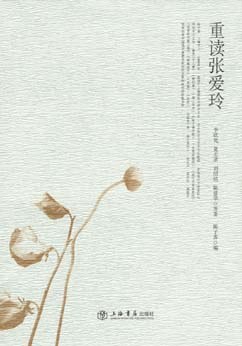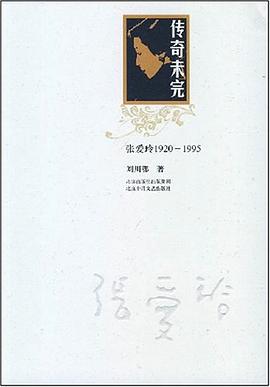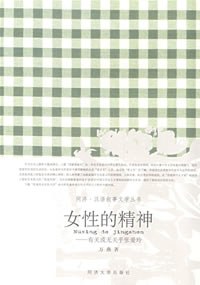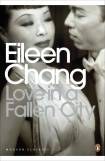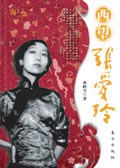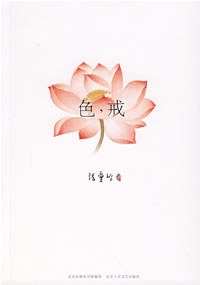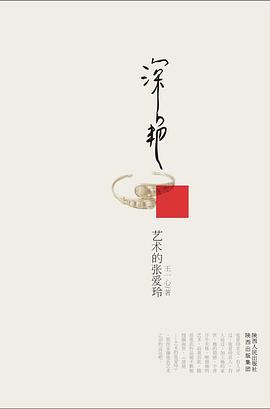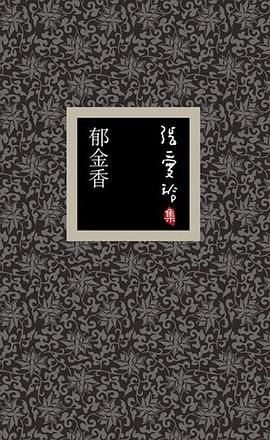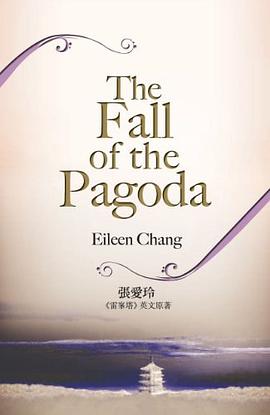

具体描述
The Fall of the Pagoda, the first of two semi-autobiographical novels written originally by Eileen Chang in English, depicts in gripping detail her childhood years in Tianjin and Shanghai, while The Book of Change revolves around her wartime student days in Hong Kong. The Fall of the Pagoda introduces a young girl (called Lute) growing up amid many family entanglements with her divorced mother and spinster aunt during the 1930s in Shanghai’s International Settlement. Both novels shed light on the construction of selfhood in Chang’s other novels, through lengthy discussions of Chang’s difficult relationship with her selfishly demanding mother as well as of intricate dynamics in the extended families who emerged from aristocratic households of the late Qing Dynasty. While the main characters belong to the new Republican period, their worldviews and everyday life are still haunted by the shadows of the past.
Eileen Chang is now recognized as one of the greatest modern Chinese writers, though she was completely erased from official histories in chinese mainland. She was the most popular writer in Japanese-occupied Shanghai during World War II, with English and Chinese stories focusing on human frailties rather than nationalist propaganda. For her non-committal politics and idiosyncrasies, she was boycotted by fellow writers after the war and forced to the margins of literary respectability.
"The Fall of the Pagoda begins as a comedy of manners and gradually evolves into a gothic thriller… Contradictions and aberrations are the norm in Lute’s family. This is a household immersed in a decaying grandeur amid the intoxicating smell of opium, but it never hesitates to pursue new and exotic things from automobiles to movies. Desolation and decadence rule. Lute’s father indulges himself in debauchery while her mother could not wait to become a Nora of New China. Nevertheless, both share the disposition to squander family fortune ruthlessly; children are their last concern. The Russian Revolution, the creation of Manchukuo, and the Second Sino-Japanese War take place one after another in the novel, but except for momentary disturbances, nothing affects the family which is already engulfed by its own corruption." — From the Introduction by David Der-wei Wang, Harvard University
Eileen Chang is now recognized as one of the greatest modern Chinese writers, though she was completely erased from official histories in chinese mainland. These previously unpublished, semi-autobiographical novels depict in gripping detail her childhood years in Tianjin and Shanghai, as well as her student days in Hong Kong during World War II, and shed light on the construction of selfhood in her other novels.
用户评价
##边看边学英语
评分##《雷峰塔》与《易经》成书于上世纪60年代,四十岁的张爱玲又一次剖开她的童年生活,把血淋淋的内瓤毫不留情地展露在读者面前。经过了二十年时光的滤镜,往昔种种不仅没有变得暗淡模糊,反而在一次次的回忆中放大得愈加清晰。很少有人能用这样看似平淡实则令人惊心的笔触去描...
评分##看书的时候零敲碎打的,不过是想到点什么就写点什么。 以后有时间了,或许会系统地梳理梳理,尽管不过是外行人看热闹。 《小团圆》“她因为伯父没有女儿,口头上算是过继给大房,所以叫二叔二婶”,《雷峰塔》《易经》中并不提这一桩,显然是顾虑到外国人对中国人复杂的辈分...
评分 评分##张爱玲的半自传小说,上部《雷峰塔》与下部《易经》,解开我升学失败的郁结。 2020年上半年,升学失败工作也不顺,工作时行尸走肉,不工作时只要一想起升学失败就心痛,总之就是自己现在所过的日子偏离了曾经的期待,我好不甘心却无能为力又走不出去。我不知道怎么表达出来我的...
评分 评分相关图书
本站所有内容均为互联网搜索引擎提供的公开搜索信息,本站不存储任何数据与内容,任何内容与数据均与本站无关,如有需要请联系相关搜索引擎包括但不限于百度,google,bing,sogou 等
© 2025 book.idnshop.cc All Rights Reserved. 静思书屋 版权所有

